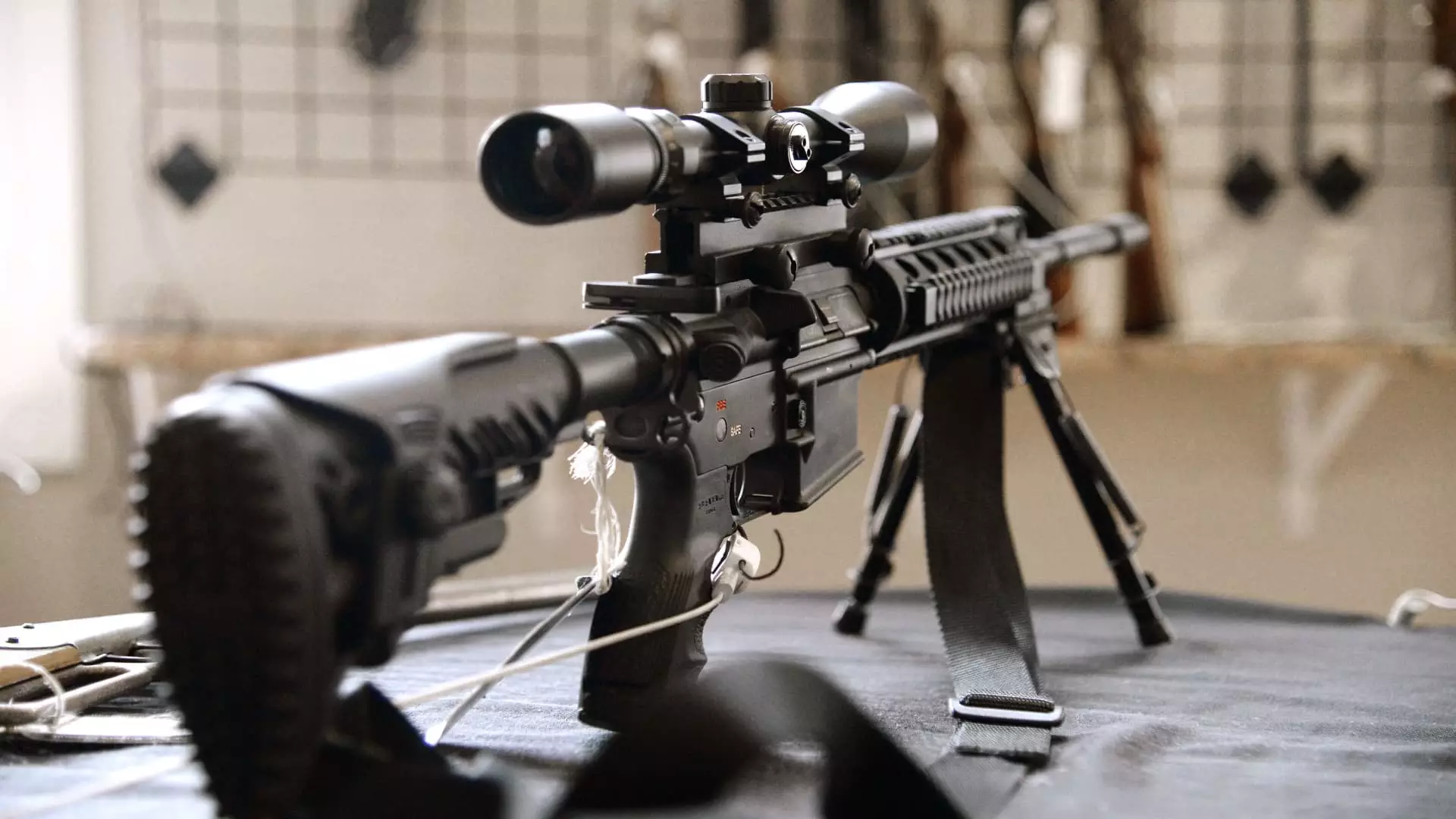The recent legislative move by Rhode Island’s Democratic-led state House to prohibit the sale and manufacturing of semiautomatic rifles commonly known as assault weapons is a significant, albeit insufficient, step towards addressing the rampant gun violence plaguing the United States. While it is commendable that Governor Dan McKee, a proponent of gun control, is poised to sign the bill into law, one must question the efficacy of such measures when they merely scratch the surface of a much deeper problem. Rhode Island’s decision to join just ten other states in enacting some form of assault weapons prohibition is a moment to celebrate, but it is also a stark reminder of the limitations that lawmakers impose on themselves when advancing public safety.
A Half-Hearted Attempt at Reform
Supporters, including Democratic Representative Rebecca Kislak, have touted the bill as an incremental improvement that aligns Rhode Island with the progressive gun control climate of neighboring states. However, her disappointment over the bill’s limitations reveals a critical flaw: by omitting a ban on possession, the proposed legislation allows current owners to retain their weapons. The superficial nature of this bill delves into the core issue — it is ineffectual if the aim is to ensure public safety in a society increasingly plagued by mass shootings. The underlying paradox of enacting laws that do not sufficiently dismantle the risk posed by these firearms forces us to confront a vital question: Can Rhode Island truly claim to promote safety through such tepid reforms?
The Opposition: Lives Over Legalities
Opponents of the legislation, notably Republican Senator Thomas Paolino and others, have raised concerns that the proposed restrictions target law-abiding citizens rather than addressing the genuine threats posed by criminal misuse of firearms. While this assertion has merit, it often downplays a more significant truth that transcends partisan lines: the inaction on a comprehensive solution is often as lethal as the weapons themselves. Credible gun control advocates like David Hogg have emphasized the need for a robust ban that encompasses both the sale and possession of assault weapons. Yet, the reluctance of lawmakers to embrace more vigorous reforms, out of fear of alienating constituents or legal ramifications, reveals a troubling complacency that ultimately serves to maintain the status quo.
A National Dialogue on Gun Control
Nationally, the debate surrounding assault weapons remains heated, with a conservative-majority Supreme Court poised to shape the future of gun rights legislation. Gun rights advocates maintain that such bans infringe upon Second Amendment rights, a claim that resonates with many in a country that holds individual freedom in high regard. The narratives articulated by resistance figures, including political party representatives and constitutional purists, often dismiss the urgency of addressing gun violence. They argue about legality over humanity, and this dismaying reality becomes ever clearer when high-capacity firearms are recognized as the preferred weapons of choice in the horrific mass shootings that ignite national media outrage.
The Greater Need for Comprehensive Reform
Rhode Island’s moves reflect a broader struggle within American society — a deep-seated failure to commit to real reform, not just politically palatable solutions that placate constituents. Laws that merely juggled hand-tied regulations without challenging the broader issues of availability and ownership complacent individuals will not shift the needle on public safety. According to research, limiting access to assault weapons has been shown to correlate with lower incidences of gun violence, but Rhode Island’s legislation neither capitalizes on that evidence nor addresses the multifaceted nature of mass shootings.
Gun violence in the U.S. is not exclusively a question of ownership; it encapsulates social elements including mental health, domestic violence, and illegal trafficking of firearms. To emerge victorious in this fight, lawmakers across the political spectrum must discard the misconceptions that govern their stances and take the collective leap towards more decisive actions — beginning with stringent bans and extending to broader societal reforms.
The time has come for both Rhode Island and the national stage to reconsider their approaches, moving from timid measures to robust legal frameworks that ensure the sanctity of life above all else. It is a battle that requires urgency, clarity, and above all, an unwavering commitment to a safer future devoid of fear, where discussions about gun legislation do not occur after tragic events, but proactively serve to prevent them.



Leave a Reply